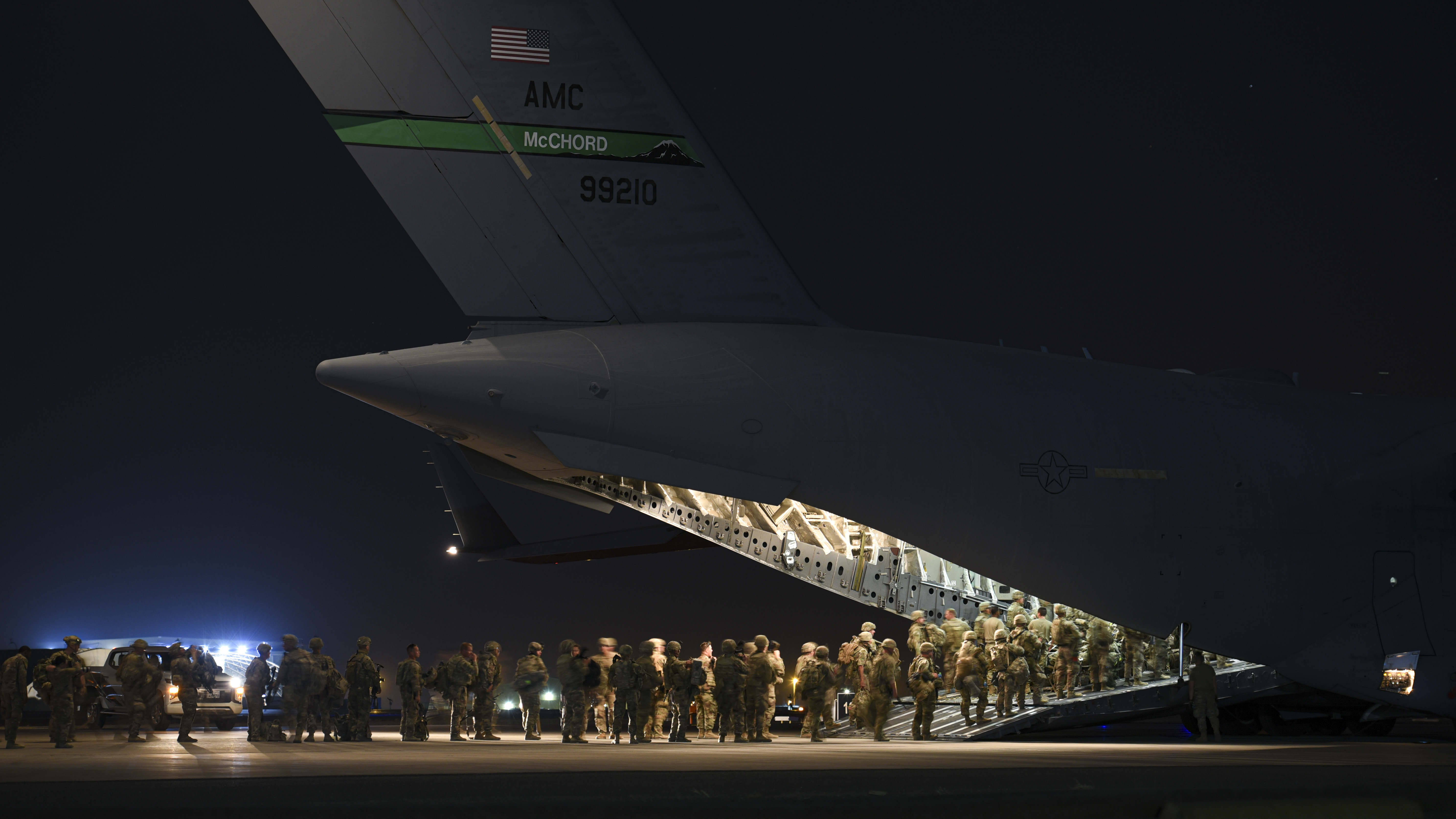
Russia’s Afghanistan failures in the 1980s are driving the Kremlin’s thinking of how to deal with the Taliban and the possible rise of religious extremism near its borders, two scholars on Central Asia said Wednesday.
Pavel Baev, a professor at Oslo’s Peace Research Institute, said Moscow quickly changed from gloating over the American and NATO pullout in August to thinking “United States, you can’t just run away” from the situation it created.
A new large-scale deployment to neighboring states – Uzbekistan, Kyrgyzstan, Tajikistan and Turkmenistan – or Afghanistan would be “one deployment too many” for Russian armed forces. He noted Russian troops are already deployed in large numbers to Syria, arrayed close to Ukraine and are now moving to the Arctic to protect Russia’s interests along the Northern Sea Route.
What Moscow wants from Washington is to unfreeze Afghanistan’s financial assets so the new government can begin functioning and to resume the flow of humanitarian aid into the country to prevent a much larger refugee crisis in Central Asia.
Russia’s fear is that a new refugee crisis would send more Islamist extremists back into Russia itself, he said.
The fear of more religious extremists inside their borders is a fear that Central Asian governments share.
Baev added that Afghanistan in the 1990s provided a safe haven for Chechen terrorists, whose terrorist attacks outraged Russian leaders and the public. Twice, the Kremlin had to send large numbers of troops into Chechnya to put down revolts of separatists.
Speaking for herself at the Center for Strategic and International Studies online forum, Erica Marat, the chair of regional and analytical studies at National Defense University, said Russia would be “really entering a crowded space” in a Taliban-ruled Afghanistan. Other regional powers watching events in Kabul and the countryside closely are Pakistan and India, as well as China, all with differing interests in the outcomes.
Baev said that so far there is no sign of close Moscow-Beijing coordination in dealing diplomatically or economically with the Taliban.
Marat added that even among the bordering states, there is not a uniform approach as to what happens now in Afghanistan. “Tajikistan is openly supporting resistance [to the Taliban] in Panjshir,” a valley about 100 miles from Kabul in north central Afghanistan. It has the largest concentration of Tajiks in Afghanistan and was a center of armed opposition to the Taliban in the 1990s.
Looking at the Collective Security Treaty Organization, created by the Kremlin after the collapse of the Soviet Union and the Warsaw Pact in the early 1990s as a counter to NATO, both agreed there was little chance of those nations jointly intervening in Afghanistan, or even Russia acting alone.
Russia maintains air bases in Kyrgyzstan and Tajikistan, but has little other military presence. China has a small base in Tajikistan as well, close to the Afghan border.
Baev said the organization has “a good, solid record of exercises,” but they have largely been small scale and have been concentrated on countering terrorist organizations like the Islamic State and al Qaeda affiliates and drug-trafficking.
So far, the Kremlin’s requests to these countries has been very limited.
“Russia is calling on Central Asia countries not to allow Afghan refugee crossings” that could eventually reach its borders. Although those nations closed their borders to air and land refugee traffic, their “borders are porous.”
The situation remains such that “Russia really doesn’t want to get involved” militarily in Afghanistan, Baev said. The Kremlin also has stayed away from direct intervention in Kyrgyzstan’s political turmoil over its presidential election. Moscow is “more focused in other regions” like the Asia Pacific.





